|
by Sucheto Nath I had a funny idea before bed one night in late May, so I posted the following status on Facebook. I was only half-joking, actually, because a connection had occurred to me; but what surprised me is how seriously people reacted. A friend who studies English said she’d slap me; a meme-maker said Beowulf was an anime; everyone else unironically mansplained the poem’s origin, or posted a picture of an otter saying ‘No’. Personally, I should be flattered, because I’ve been thinking that perhaps everything I say is misconstrued as a joke; it’s nice to be taken seriously by so many people for a change. Not only did they not realise that the emoji was there for irony, but, in all modesty, it is slightly disconcerting that about ten people who know me would think an almost-graduate of English wouldn’t know when Beowulf was written. My last line brings us to my first line of argument. For virtually all works of literature that are studied in schools and undergraduate programs, we have a fixed, or at least approximate, date of composition. This is more important than is immediately obvious. Not only does knowing the date of publication or writing enable to us to understand the text better, we can actually pin down the work to a certain author. By declaring that one text is written by one author, within a certain time, and under certain conditions of life, we are able to say, and often do, that the meaning of the text (outer, inner, or whatever) must be understood by studying that author’s life and the time in which the book was written. When we can’t pin down a book to a certain time, things get complicated - or to put it in another way, a complicated matter becomes obvious. Beowulf is one of these poems. All that is more or less certain is that it came long after the Germanic people described by Tacitus. It describes the coming of Scyld, which seems to be more legend than fact. It mentions Hengest and the Battle of Finnsburh, which happened around 450 CE. The extant text is in West Saxon, so the poem as it now exists was probably not written in the early years of Anglo-Saxon life in England. There are strong aspects of oral poetry and epic heroism, but also passages that were written by a Christian. Again, the depiction of Danes suggests that Beowulf may have been written after the establishment of the Danelaw. Even assuming that we can separate a core text from later interpellations by Christian scribes, when can we say it was written - or, as we must say, composed? In fact, can Beowulf be pinned down to a written text, or do we have to treat the poem as an amorphous object? Now that’s enough of serious talk. Let’s see why Beowulf is clearly an American poem.
0 Comments
by Smita Ganguli Winner of the Man Booker prize, South Korean writer Han Kang has her readers asking all the right questions regarding contemporary society, its members and their habits. by Rick Mazumdar It's been a while since I've written anything, and honestly enough, I hadn't been going through a lot of comics or TV shows or even movies, because the 21st Century asks of us things we sometimes cannot provide. However, over the last few weeks, my schedule cleared up a bit and I had stumbled upon this great Graphic Novel authored by Guy Delisle, a Canadian born writer/cartoonist and relatively fresh new face in the genre of political/memoir graphic novels, a genre well established by the likes of Spiegelman, Satrapi and Sacco among others. Now I don't usually cover political/semi-political pieces, one reason being that I'm not very well versed in the genre, and the other being that I follow specific parts of National and International Politics and diplomacy, so in the off chance that I sound like a pretentious fuckboi, I would ask you, the readers, to forgive me. Though in all honesty, I have studied a quite a bit about Central Asian Politics over the years through documentaries, essays and one "Waltz with Bashir" but there are some parts of the politics in Jerusalem which I still have difficulty in comprehending because of the complexity of the situation there. by Smita Ganguli Aimlessly flipping through a copy that belonged to my mother, in search of some ‘dirty’ snippets in literature back in the day when I wasn’t permitted to read it. That was then and this is now, and after a brief hiatus, I have finally managed to read this down. Vladimir Nabokov’s Lolita will leave you baffled, let you hope you land up on a meagreness of words to comprehend first, and explain later as to what you feel about this postmodernist text. It is however, very tough to critically write about literature, let alone postmodern literature for that matter. Therefore, mine will be a rather simplistic take on this novel, placing more emphasis on how the characters appeal to me. by Devanjali Banerjee “They call for you, and everyone like you, everyone who always felt like they were out of place, like something was wrong, like the world was not built for them, to take a deeper look at what’s really broken (hint: it’s not you). Every geek feminist and aspiring geek feminist; every cultural revolutionary; every loud, angry, weepy, mad kid who wanted to be a hero but wasn’t sure where to start…”
The title of the book caught my eye before anything else did. “The Geek Feminist Revolution”. It sounded bold and the cover looked intriguing. I clicked on it within seconds. You learn to expect no less from Ms. Hurley, who also happens to be a successful and effective ad-woman; clickbait is her bread and butter. The most satisfying thing is realizing that she backs up every word in the title. by Tarique Ejaz Dissociative Identity Disorder (DID) or more popularly known as Multiple Personality Disorder is one of the rarest kind of mental illness that can inflict a person. It has often been confused with schizophrenia but the simplest distinction lies in the fact that in schizophrenia, the patient concerned does not experience loss of time or undesirable unconsciousness when the delusions or hysteria sets in. Over the years, there are many prominent cases in such anomalies of the functioning of the mind that has been witnessed and today we as a society and a scientifically progressive one as such, know more about such ailments and their treatment/diagnosis than we did probably a century ago. Billy Milligan along with Sybil continues to remain a controversial figure in the field of mental health ever since his condition came to light and the story of a man plagued with personalities, not of his own conscious creation, became one of intrigue to one and all. “A multiple personality is officially classified as a neurosis and not a psychosis. Multiples are not insane.” The Minds of Billy Milligan was authored by Daniel Keyes and the first edition was published in the October of 1981. It captures the actual story of a terminally ill person whose mental-health became the talk of the town. (Rather States, considering the place and situation he was in then) From the struggles in his early life to the crimes certain personalities or people of his mental family had committed to the unending fight towards becoming a person to be accepted in society, the novel is a journal carrying the intricate details of the man that housed not 10 or 15 or 20 personalities (which is still more than the average number of personalities required to be listed as one suffering from DID) but a whopping 24 personalities.
by Srijon Mukherjee “I’ve done my damndest to rip reader’s nerves to rags, I don’t want him satisfied”, quoted the synopsis on the back cover of John Steinbeck’s ‘Grapes Of Wrath.’ by Amrit Paul and Radhikaa Sharma So, recently, I read this book a friend recommended- if stuffing their own copy down my backpack counts as a recommendation, that is- and despite its brutal, angry tone and hard-hitting content, I was hooked.
And that's how A Million Little Pieces became one of my favourite books. A grammatical nightmare filled with rage that hits you almost physically, Frey's memoir is unnerving- the story of an alcoholic and crack addict, who has a ten-year-record of addiction…by the age of 23. |
Categories
All
Archives
December 2022
|

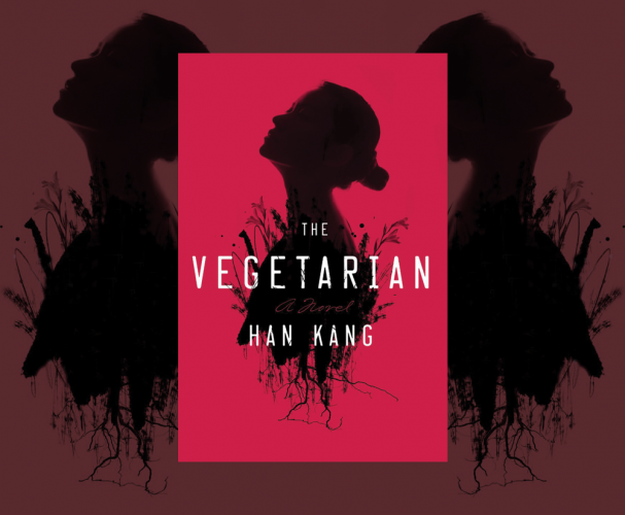
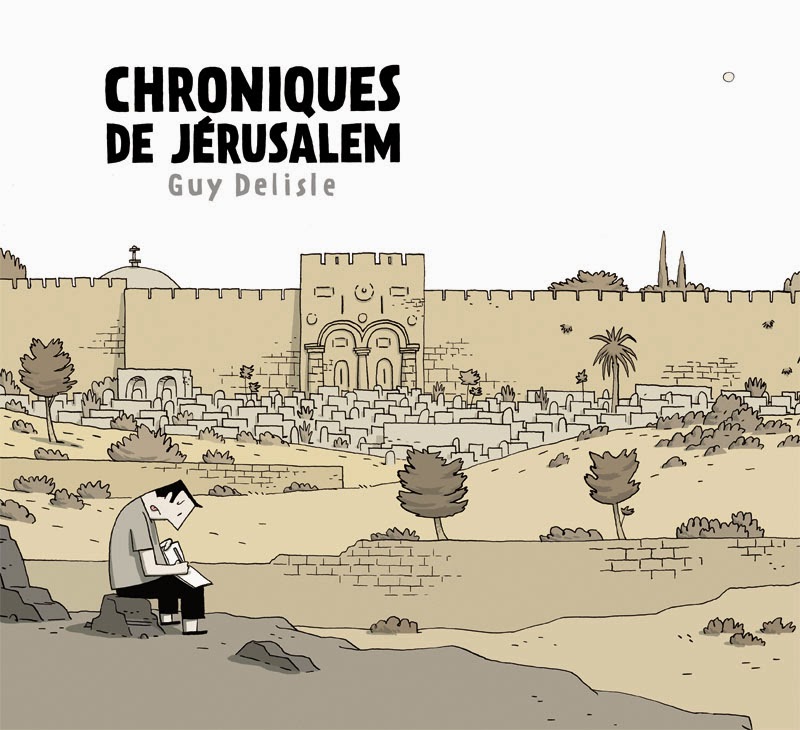
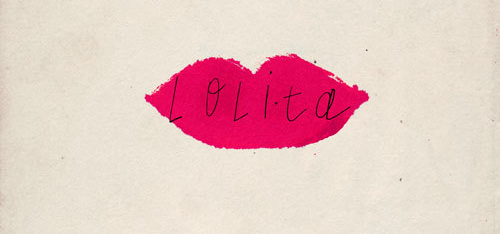
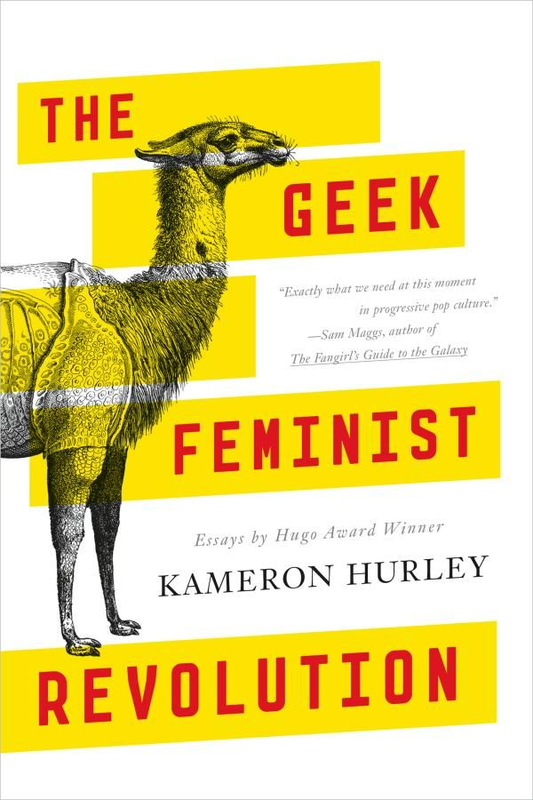
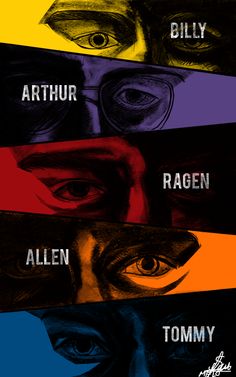

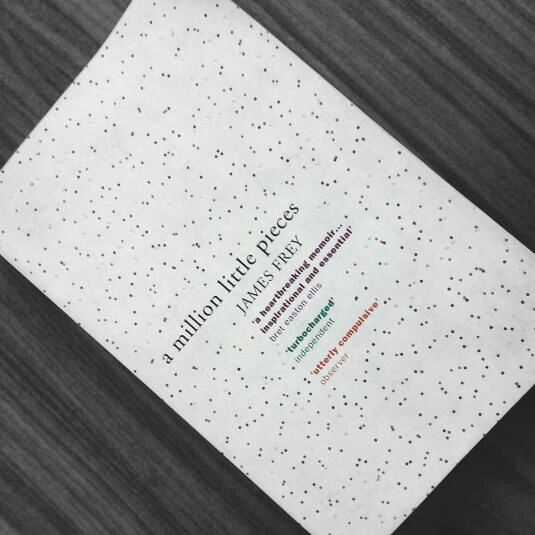
 RSS Feed
RSS Feed
